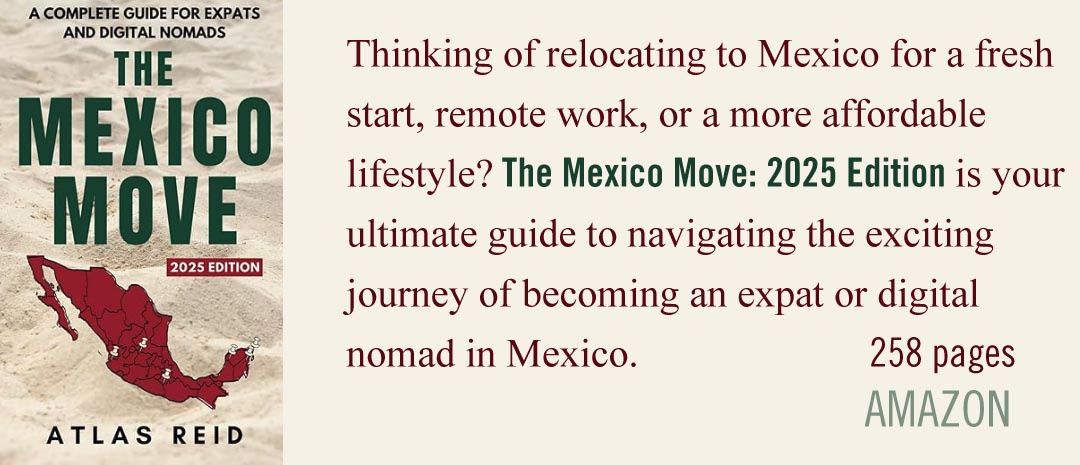Banking for expatriates in Europe
Basics for finances in Europe for expats
Of course, banking in Europe for expatriates will vary depending on which specific country is being discussed, but some of the basics for Europe are:
Setting Up a Bank Account: In many European countries, it's relatively straightforward for expatriates to set up a bank account, although the precise requirements can vary. Typically, you'll need a proof of address (which can sometimes be a foreign address), proof of identity (such as a passport), and in some cases, proof of employment or student status, or a visa showing residency status.
International Banks: For those who frequently move between countries or need to maintain ties with their home country, international banks are considered one of the best and simplest options. As international banks they can make is easier to manage international transactions and issue of currency exchange. Here is a list of the top fifty banks in Europe
Online Banks: Digital banking has grown significantly in Europe over the last few years. Online banks such as N26, Revolut, and Wise/TransferWise provide "borderless" accounts managed online, and they often offer lower fees than traditional banks. Popular among expats for their convenience and for features such as multi-currency accounts and relatively inexpensive international money transfers.
Banking Fees: Banking fees in Europe will vary by country and the bank, but are typically charges for the account maintenance, ATM withdrawals, money transfers, and credit card fees. Some banks will offer customized accounts designed for expats or international students that can have lower fees and other built-in benefits.
ATMS: ATMs in Europe generally do not charge fees to customers of their own bank, but fees can be charged for using another bank's ATM.
SEPA: The Single Euro Payments Area (SEPA) is an initiative by the EU to standardize electronic euro payments in Europe. In practice this means a bank transfer to another SEPA country should be easy with a low-cost fee. This service can help expats conducting their finances within the Euro zone.
Currency Consideration when not using the Euro: If you're in a country that doesn't use the euro, you'll need to consider currency exchange rates and any attendant fees. Banks that offer services using multiple currencies can can help mitigate those costs.
Related – this is an older article at CNBC that discusses some of the "big differences" between banking in Europe vs the United States.
The largest fifty banks of Europe
- HSBC Holdings PLC, UK
- BNP Paribas SA, France
- Crédit Agricole Group, France
- Barclays PLC, UK
- Banco Santander SA, Spain
- Groupe BPCE, France
- Société Générale SA, France
- Deutsche Bank AG, Germany
- Intesa Sanpaolo SpA, Italy
- Lloyds Banking Group PLC, UK
- Crédit Mutuel Group, France
- UBS Group AG, Switzerland
- ING Groep NV, Netherlands
- NatWest Group PLC, UK
- UniCredit SpA, Italy
- La Banque Postale SA – France
- Credit Suisse Group AG, Switzerland
- Standard Chartered PLC, UK
- Banco Bilbao Vizcaya Argentaria SA, Spain
- CaixaBank SA, Spain
- Rabobank, Netherlands
- DZ Bank AG, Germany
- Nordea Bank AbP, Finland
- Danske Bank AS, Denmark
- Sberbank of Russia, Russia
- Commerzbank AG, Germany
- ABN AMRO Bank NV, Netherlands
- KBC Group NV, Belgium
- Nationwide Building Society, UK
- Svenska Handelsbanken AB, Sweden
- Skandinaviska Enskilda Banken AB, Sweden
- Erste Group Bank AG, Austria
- DNB Bank ASA, Norway
- Landesbank Baden-Württemberg, Germany
- Raiffelsen Gruppe Switzerland, Switzerland
- Swedbank Ab, Sweden
- Bayerische Landesbank, Germany
- Banco de Sabadell SA, Spain
- VTB Bank PJSC, Russia
- Nykredit AS, Denmark
- BFA Tenedora de Acciones SAU, Spain
- Banco BPM SpA, Italy
- Belfius Bank SA, Belgium
- Raiffelsen Bank International AG, Austria
- Zürcher Kantonalbank, Switzerland
- OP Financial Group, Finland
- BPER Banca SpA, Italy
- Bank of Ireland Group PLC, Ireland
- Banca Monte del Paschi di Siena SpA, Italy
- AIB Group PLC, Ireland
Related: Where to go if you have arthritis
AMAZON: The Expert Expat: Your Guide to Successful Relocation Abroad

